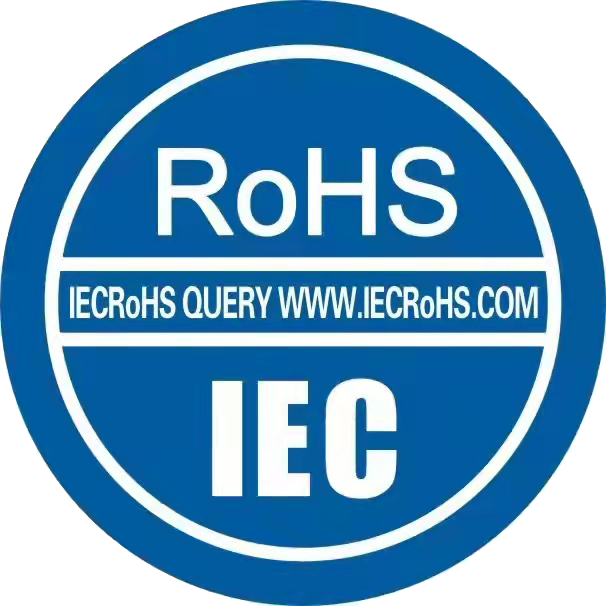SGS-CSTC Standards: A Comprehensive Guide to Quality and Compliance
SGS-CSTC standards are globally recognized benchmarks for quality, safety, and compliance across various industries. These standards, developed by SGS, a leading inspection, verification, testing, and certification company, help businesses ensure their products and services meet international requirements.
What Are SGS-CSTC Standards?
SGS-CSTC standards refer to the testing and certification protocols established by SGS’s China branch, SGS-CSTC Standards Technical Services Co., Ltd. These standards cover a wide range of industries, including consumer goods, electronics, textiles, and more.
The primary goal of SGS-CSTC standards is to ensure product safety, quality, and environmental compliance. By adhering to these standards, companies can demonstrate their commitment to delivering reliable and safe products to consumers worldwide.
The Importance of SGS-CSTC Standards
SGS-CSTC standards play a critical role in international trade and consumer protection. They help businesses navigate complex regulatory landscapes and ensure their products meet the stringent requirements of global markets.
For manufacturers, compliance with SGS-CSTC standards can enhance brand reputation, reduce the risk of product recalls, and improve market access. Consumers, on the other hand, benefit from the assurance that products bearing SGS certification meet high-quality and safety standards.
Key Industries Covered by SGS-CSTC Standards
SGS-CSTC standards apply to a diverse range of industries, each with its own set of requirements and testing protocols. Some of the key sectors include:
1. Consumer Goods: SGS-CSTC standards ensure that consumer products, such as toys, apparel, and household items, meet safety and quality requirements.
2. Electronics: These standards cover electrical safety, electromagnetic compatibility (EMC), and environmental compliance for electronic devices.
3. Food and Beverage: SGS-CSTC standards help ensure food safety, labeling accuracy, and compliance with international regulations.
4. Automotive: The standards address vehicle safety, emissions, and performance, ensuring compliance with global automotive regulations.
How SGS-CSTC Certification Works
The SGS-CSTC certification process involves several steps to verify that a product or service meets the required standards. Here’s an overview of the typical process:
1. Application: Businesses submit an application to SGS, providing details about the product or service to be certified.
2. Testing: SGS conducts rigorous testing in accredited laboratories to evaluate the product’s compliance with relevant standards.
3. Inspection: On-site inspections may be conducted to verify manufacturing processes and quality control measures.
4. Certification: If the product meets all requirements, SGS issues a certification mark, which can be used for marketing and compliance purposes.
Benefits of SGS-CSTC Certification
Obtaining SGS-CSTC certification offers numerous advantages for businesses and consumers alike. Some of the key benefits include:
1. Market Access: Certification helps businesses enter new markets by demonstrating compliance with local and international regulations.
2. Consumer Trust: The SGS mark is a trusted symbol of quality and safety, helping to build consumer confidence in products.
3. Risk Mitigation: Certification reduces the risk of non-compliance penalties, product recalls, and reputational damage.
4. Competitive Edge: Certified products often stand out in crowded markets, giving businesses a competitive advantage.
About SGS: A Global Leader in Testing and Certification
SGS (Société Générale de Surveillance) is the world’s leading inspection, verification, testing, and certification company. Founded in 1878, SGS operates in over 140 countries and employs more than 89,000 people.
SGS provides a wide range of services, including quality control, environmental monitoring, and supply chain auditing. The company’s expertise spans multiple industries, from agriculture and chemicals to healthcare and transportation.
With a reputation for integrity and professionalism, SGS helps businesses navigate regulatory challenges, improve operational efficiency, and achieve sustainable growth.
Conclusion
SGS-CSTC standards are essential for businesses seeking to ensure product quality, safety, and compliance in global markets. By adhering to these standards, companies can enhance their reputation, gain consumer trust, and achieve long-term success.
Whether you’re a manufacturer, retailer, or consumer, understanding SGS-CSTC standards can help you make informed decisions and contribute to a safer, more sustainable marketplace.
Disclaimer
This article is for informational purposes only and does not constitute professional advice. The content provided is based on publicly available information and is intended for general knowledge. SGS, the author, and the publishing platform disclaim any liability for actions taken based on the information in this article. Readers are encouraged to consult with qualified professionals for specific guidance related to SGS-CSTC standards and certification.

